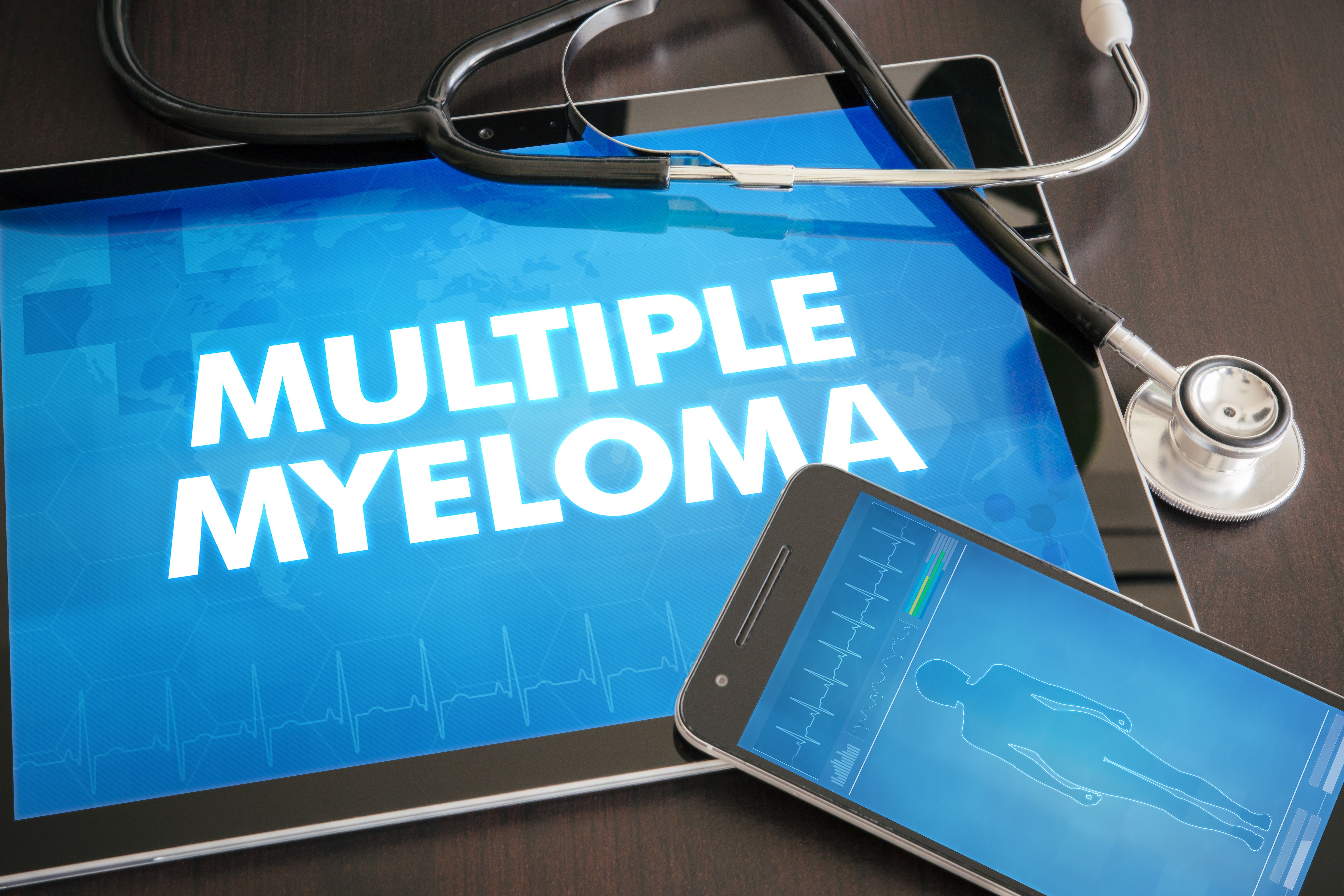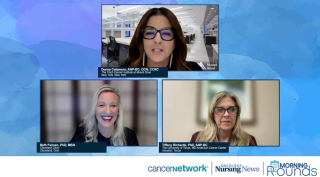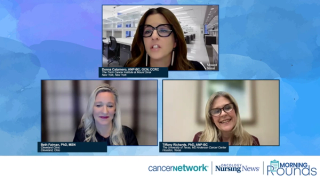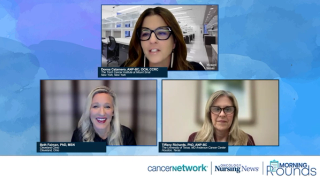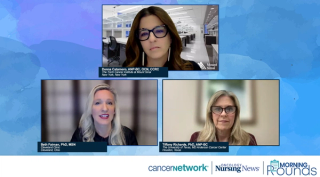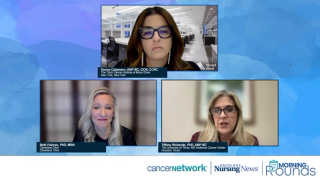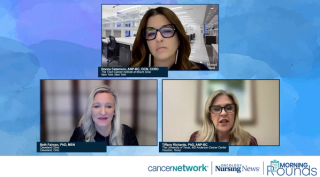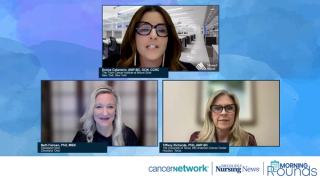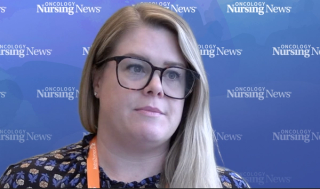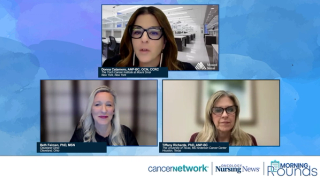
Multiple Myeloma
Latest News
Latest Videos

More News
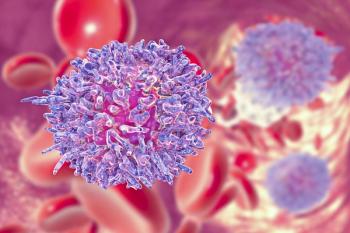
An indirect comparison found that cilta-cel may be better than standard of care for patients with lenalidomise-refractory relapsed/refractory myeloma.
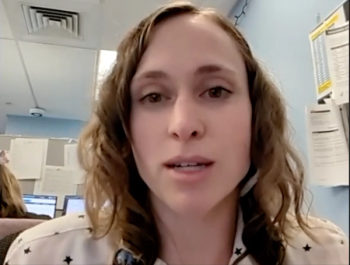
Providers should consider lifestyle preferences and other conditions/comorbidities before deciding between bispecific antibodies or CAR T-cell therapy in myeloma.

“Treatment effectiveness can have different meanings to patients,” a physician assistant said when discussing therapy for high-risk myeloma.
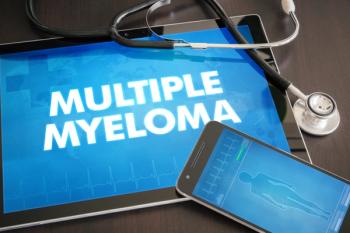
A poll of experts revealed that few are utilizing talquetamab for patients with pretreated relapsed/refractory myeloma.

P-BCMA-ALLO1 elicited high response rates and a manageable safety profile in heavily pretreated, relapsed/refractory multiple myeloma.
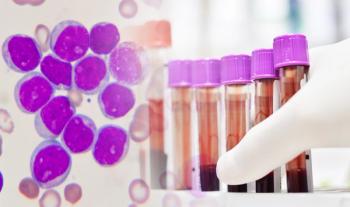
Follow-up from the CARTITUDE-4 trial showed that cilta-cel improved survival over standard of care in pretreated myeloma.

Cilta-cel led to high response rates and a promising safety profile in a real-world population of patients with relapsed/refractory myeloma.
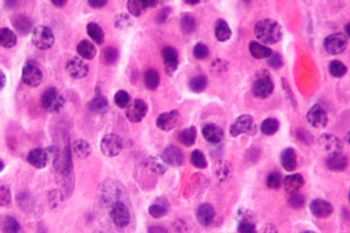
Belantamab mafodotin plus KRd had a a manageable safety profile and deep responses in pretreated multiple myeloma.
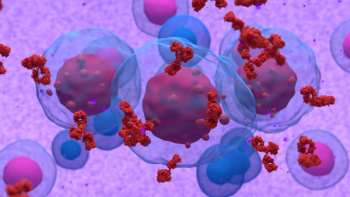
Belantamab plus VRd led to promising outcomes in newly diagnosed transplant-eligible myeloma, study results showed.
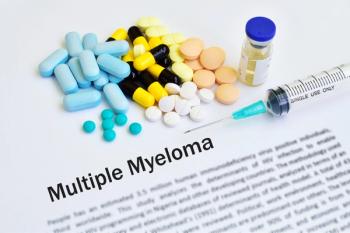
A group of advanced practice providers discuss treatment options for a woman with newly diagnosed, transplant-ineligible multiple myeloma.

A nurse practitioner discusses her role in caring for patients with multiple myeloma, and how advanced practice providers have a unique skillset to offer in cancer care.

The FDA approved isatuximab plus bortezomib, lenalidomide, and dexamethasone for patients with newly diagnosed myeloma who are ineligible for ASCT.
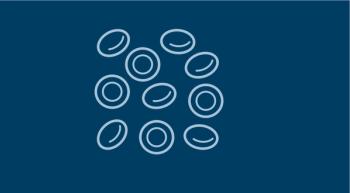
A group of oncology advanced practice providers discussed the use of BCMA-targeted bispecific antibodies for patients with relapsed/refractory multiple myeloma.

Both community and academic nurses must know what to expect and how to react to adverse events from bispecific antibody treatment in myeloma; however, Donna Catamero, ANP-BC, OCN, CCRC, notes this can be predictable for providers.

Oncology nurses at local and specialized centers can work together to create a pathway for patients throughout CAR T-cell therapy treatment.

GC012F, a BCMA/CD19–targeted CAR T-cell therapy, safely produced favorable outcomes in patients with newly diagnosed multiple myeloma after induction therapy.

The FDA approved Boruzu, a new presentation of bortezomib, for subcutaneous or intravenous administration in patients with multiple myeloma and mantle cell lymphoma.

A CRL has been issued by the FDA to the biologics license application seeking approval of linvoseltamab to treat some patients with multiple myeloma.

Donna Catamero, ANP-BC, OCN, CCRC, discusses the importance of quickly identifying and managing adverse effects from CAR T-cell therapy in patients with multiple myeloma.

Darzalex Faspro plus VRd was approved by the FDA for induction and consolidation in newly diagnosed multiple myeloma eligible for ASCT.

Ciltacabtagene autoleucel demonstrated a statistically significant improvement in overall survival for patients with relapsed/refractory multiple myeloma refractory to lenalidomide.

Treatment with linvoseltamab provided durable efficacy for patients with relapsed/refractory multiple myeloma.
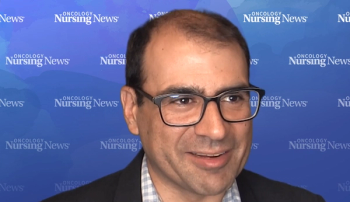
Bispecific antibodies like teclistamab offer “more potent” treatment than monoclonal antibodies for patients with relapsed or refractory multiple myeloma.
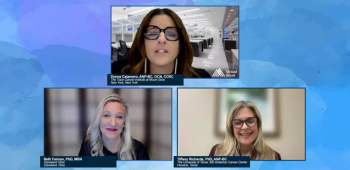
The panel provides key takeaways on the most impactful innovations shaping the future of multiple myeloma treatment.

New or worsening anemia may not reduce the clinical benefit derived from ruxolitinib treatment in patients with myelofibrosis.



